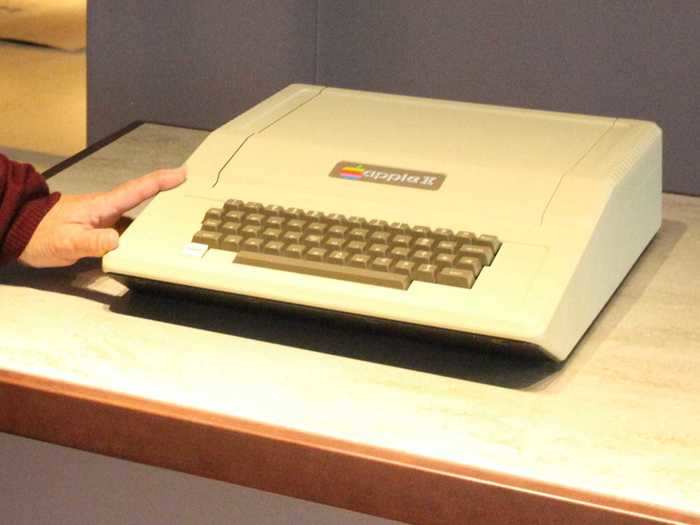
Steve Jobs, left, and Bill Gates.Beck Diefenbach/Reuters; Mike Cohen/Getty Images for The New York Times
Bill Gates and Steve Jobs never quite got along.
Over the course of 30-plus years, the two went from cautious allies to bitter rivals to something almost approaching friends — sometimes, they were all three at the same time.
It seems unlikely that Apple would be where it is today without Microsoft, or Microsoft without Apple.
Here's the history of the love-hate relationship between Steve Jobs and Bill Gates.

Source: "Steve Jobs" by Walter Isaacson

Source: "Steve Jobs" by Walter Isaacson

Source: Fortune

Source: Business Insider

Source: Yahoo

Source: "Steve Jobs" by Walter Isaacson

Source: "Steve Jobs" by Walter Isaacson

Source: "Steve Jobs" by Walter Isaacson

Source: "Steve Jobs" by Walter Isaacson

Source: "Steve Jobs" by Walter Isaacson

Source: "Steve Jobs" by Walter Isaacson

Source: "Steve Jobs" by Walter Isaacson

Source: "Steve Jobs" by Walter Isaacson

Source: The Telegraph


Source: PBS

Source: PBS

Source: "Steve Jobs" by Walter Isaacson

Source: "Steve Jobs" by Walter Isaacson

Source: "Steve Jobs" by Walter Isaacson

Source: "Steve Jobs" by Walter Isaacson

Source: "Steve Jobs" by Walter Isaacson

Source: "Steve Jobs" by Walter Isaacson

Source: "Steve Jobs" by Walter Isaacson
![And Gates didn't think too much of the iPad. "[I]t's not like I sit there and feel the same way I did with iPhone where I say, 'Oh my God, Microsoft didn't aim high enough.'" And Gates didn't think too much of the iPad. "[I]t's not like I sit there and feel the same way I did with iPhone where I say, 'Oh my God, Microsoft didn't aim high enough.'"](/thumb/msid-60085318,width-700,height-525/60085318.jpg)
Source: CBS MoneyWatch

Source: "Steve Jobs" by Walter Isaacson

Source: "Steve Jobs" by Walter Isaacson

Source: The Wall Street Journal

Source: "Steve Jobs" by Walter Isaacson
![After Jobs died, Gates said, "I respect Steve, we got to work together. We spurred each other on, even as competitors. None of [what he said] bothers me at all." After Jobs died, Gates said, "I respect Steve, we got to work together. We spurred each other on, even as competitors. None of [what he said] bothers me at all."](/thumb/msid-60085318,width-700,height-525/60085318.jpg)
Source: Yahoo
 Global stocks rally even as Sensex, Nifty fall sharply on Friday
Global stocks rally even as Sensex, Nifty fall sharply on Friday
 In second consecutive week of decline, forex kitty drops $2.28 bn to $640.33 bn
In second consecutive week of decline, forex kitty drops $2.28 bn to $640.33 bn
 SBI Life Q4 profit rises 4% to ₹811 crore
SBI Life Q4 profit rises 4% to ₹811 crore

Copyright © 2024. Times Internet Limited. All rights reserved.For reprint rights. Times Syndication Service.